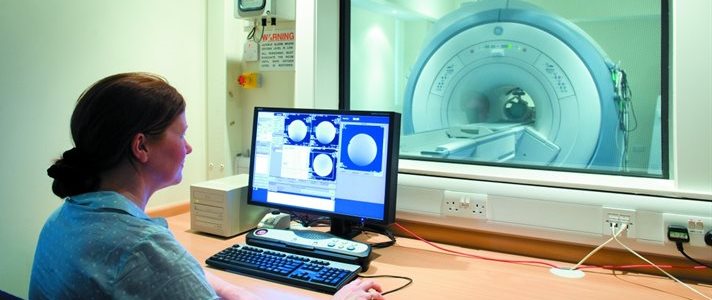
Screening for preterm pre-eclampsia
Understanding pre-eclampsia: risks, impacts, and prevention
Duration: 5 years
Funder: the National Institute for Health and Care Research (NIHR)
Partners:
Jane Daniels, Kate Walker (School of Medicine) plus Manchester University Hospitals NHS Trust
CHILL investigator:
Professor Stephen Timmons
Research summary
Background:
Pre-eclampsia is a condition which can develop in some pregnancies, usually during the second half of pregnancy (from 20 weeks). It causes high blood pressure and puts strain on the woman/ birthing person’s body systems. It can cause the baby to be too small and the placenta to not work properly. Since there is no treatment for pre-eclampsia, early delivery of the baby is often necessary once the condition develops.
Pre-eclampsia is a leading cause of pre-term birth (before 37 weeks of gestation), which can lead to serious health challenges for the baby both immediately after birth and throughout their lifetime. It can also be life-threatening for the woman/ pregnant person and baby. In the UK, pre-eclampsia leads to the death of 1 in every 100,000 UK pregnant people and 1 in every 1,000 UK babies.
While there is no treatment for pre-eclampsia, a small daily dose of the medicine aspirin is often prescribed to reduce the risk of its development. To prevent complications and improve outcomes, screening tests should be carried out to identify those women/ birthing people with a high risk of developing pre-eclampsia.



